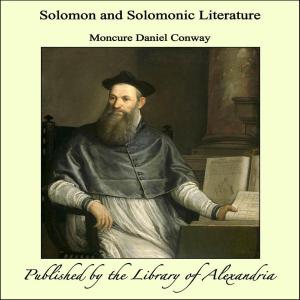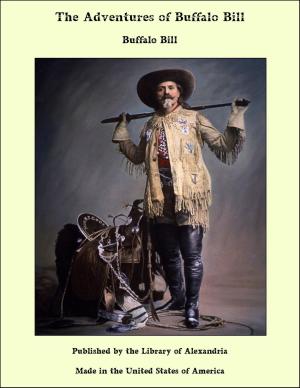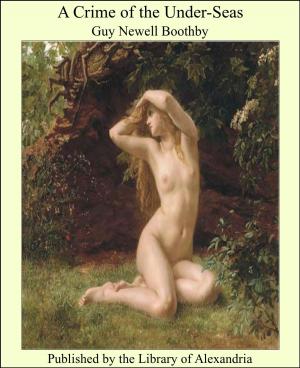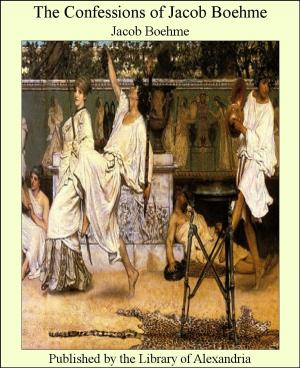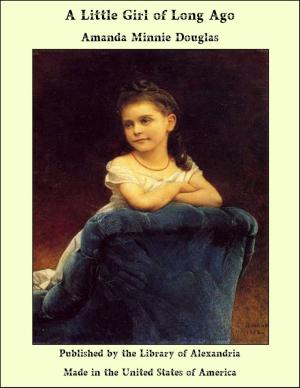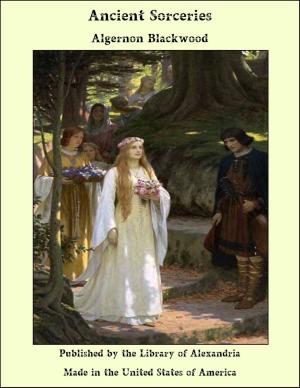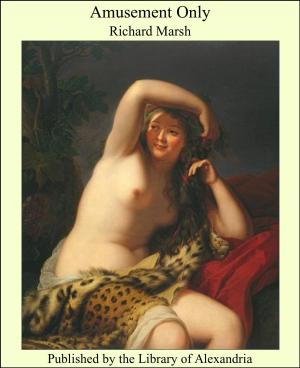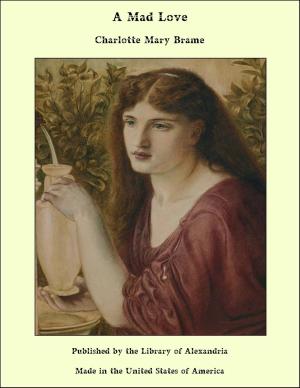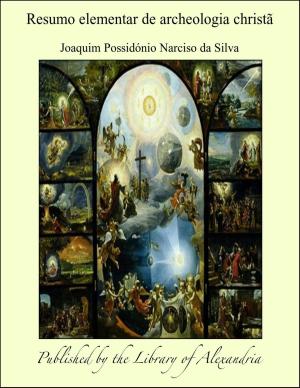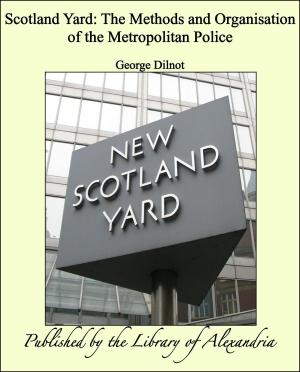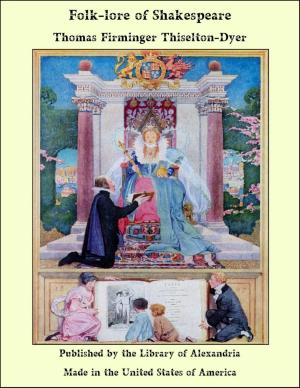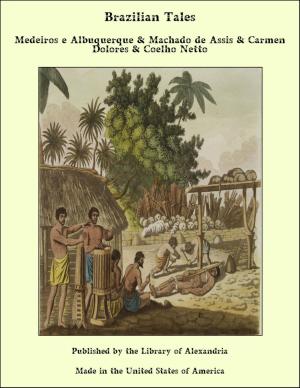Selected Poems (1685-1700)
Nonfiction, Religion & Spirituality, New Age, History, Fiction & Literature| Author: | John Tutchin | ISBN: | 9781465518057 |
| Publisher: | Library of Alexandria | Publication: | March 8, 2015 |
| Imprint: | Language: | English |
| Author: | John Tutchin |
| ISBN: | 9781465518057 |
| Publisher: | Library of Alexandria |
| Publication: | March 8, 2015 |
| Imprint: | |
| Language: | English |
The truth of the matter is that Pope was no more accurate about Tutchin's being whipped than about Defoe's losing his ears. From the sparse reliable information concerning Tutchin's early years, one consistent pattern emerges: he tended to depict himself as a hero and a martyr. Born in 1661 "a Freeman" of London, he was brought up in a family of scholarly nonconformist ministers probably on the Isle of Wight. Even though an enemy claimed that he had been expelled from a school at Stepney for stealing (DNB), he received some education and travelled on the continent. In defending his skill with languages against Defoe, he once told how at his school, boys translated and capped verses, and how he travelled "from Leivarden in Friezland, thro' Holland and the Spanish Flanders." Throughout his life, he proudly designated himself a gentleman: during his trial for libel in late June of 1704, he even escaped punishment by setting forth that he was a gentleman, and not a laborer as the indictment read. Tutchin may have fought with William III's army in Ireland as an officer. After the Glorious Revolution and the establishment of William and Mary on the throne, Tutchin devoted himself to a succession of liberal causes. On the one hand, he persisted in identifying himself with the former commonwealth, the Monmouth cause, the Revolution, the reform movement especially in the theater, and Whig liberty.
The truth of the matter is that Pope was no more accurate about Tutchin's being whipped than about Defoe's losing his ears. From the sparse reliable information concerning Tutchin's early years, one consistent pattern emerges: he tended to depict himself as a hero and a martyr. Born in 1661 "a Freeman" of London, he was brought up in a family of scholarly nonconformist ministers probably on the Isle of Wight. Even though an enemy claimed that he had been expelled from a school at Stepney for stealing (DNB), he received some education and travelled on the continent. In defending his skill with languages against Defoe, he once told how at his school, boys translated and capped verses, and how he travelled "from Leivarden in Friezland, thro' Holland and the Spanish Flanders." Throughout his life, he proudly designated himself a gentleman: during his trial for libel in late June of 1704, he even escaped punishment by setting forth that he was a gentleman, and not a laborer as the indictment read. Tutchin may have fought with William III's army in Ireland as an officer. After the Glorious Revolution and the establishment of William and Mary on the throne, Tutchin devoted himself to a succession of liberal causes. On the one hand, he persisted in identifying himself with the former commonwealth, the Monmouth cause, the Revolution, the reform movement especially in the theater, and Whig liberty.

